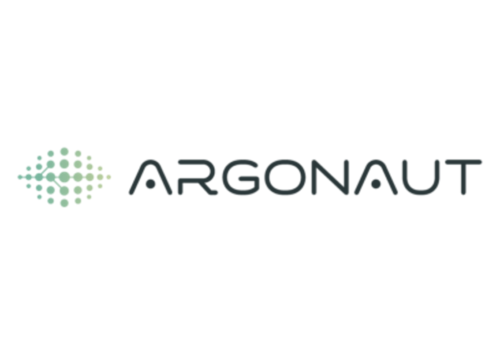The objective of the ProSEco project is to provide a novel methodology and a comprehensive ICT solution for the collaborative design of product-services (meta-products) and their production processes.
The effective extension of products with new services in different sectors (automotive, home appliances, automation devices, etc.) will be achieved using ambient intelligence (AmI) technology, lean and eco-design principles and the application of life cycle assessment techniques.
The project will be driven by four industrial application scenarios that address different aspects of service and business creation and product/process development (complex internal and external supply chains) to ensure that the means to be developed in the project will be relevant for collaborative service creation and product service and production process design for industry.Business case scenarios are at:
- Volkswagen with personalized support for drivers to optimize energy consumption (in classic, hybrid and electric cars).
- Electrolux with services to support condition-based remote maintenance of household appliances
- Desma with support for condition-based remote maintenance of machines for shoe manufacturing
- ONA and Alberdi with lean design of environmental services around machines
Metaproducts will be built as a combination of so-called generic core services (applicable in different sectors) and application-specific services, while engineering tools will support product/process design and generation of these PES services in collaboration with all stakeholders.
The ProSEco system will provide a development platform to create PES and a deployment platform to use the PES together with their specific application.
The following reference workflow concerns the development of new meta-products. However, the solutions proposed by ProSEco can also be used to update/upgrade/reconfigure existing meta-products and PES, and in this case the workflow can be quite different.
The individual steps are briefly described below:
- Idea generation: This first part of the process begins with analyzing the environmental performance of the current product system (considering the entire life cycle) to identify areas for improvement. Using ProSEco methods and other technical tools, stakeholders design a PES solution as an extension of an existing meta-product or process for producing
- Social simulation: this step involves collaborative activities aimed at estimating the expected social impacts of bringing a PES solution to market as an extension of a new or existing product
- Data evaluation: this activity is used to extract usage patterns that can be used to configure a PES or improve future product designs by applying appropriate feedback mechanisms
- Data Collection/AmI Sensor Selection: This activity configures the available data sources to be incorporated into the PES.
- Functional Specification. This step creates the documentation that describes the desired behavior of the PES, i.e., what the system needs and what properties are required for the inputs and outputs.
- Context Modeling: this step will allow ProSEco users to model the context for the PES using inference methods to improve the contextualization of the AmI sensor monitoring data.
- Security Configuration: this activity enforces applicable policies to restrict and protect PES data provisioning according to user privacy rules
- PES Orchestration: the results of the previous activities are orchestrated to build a PES solution around a product/process.
- PES Deployment: PES is deployed in a collaborative environment and used at runtime by end users as an extended service for an existing metaproduct.
More information under: https://cordis.europa.eu/project/id/609143




